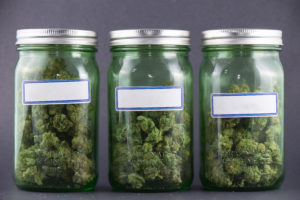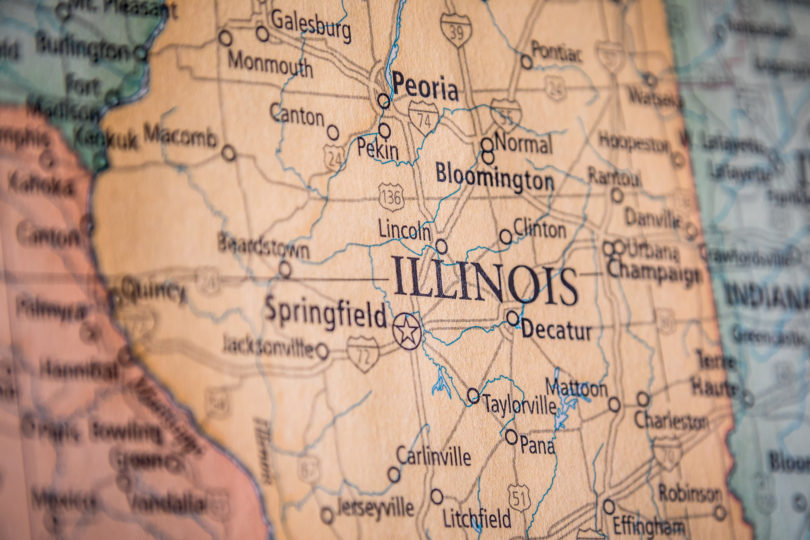The good people of Illinois moved a step closer to alternative medical treatments and solutions yesterday after Gov. J.B. Pritzker officially signed the bill that paves the way for the full legalization of Cannabis across the state.
The new governor of Illinois may be one of the few in the US who stuck to his word. During his high-energy campaign, Gov Pritzker promised to end cannabis prohibition in the state and to make it legal – both medically and recreationally. Just yesterday, Pritzker signed legislation which officially makes Illinois the 11th state in America to legalize cannabis recreationally.
As well as giving people their rights back, allowing patients to opt for medical cannabis options over pharmaceutical drugs, the new bill will see 800,000 previous criminal convictions for cannabis possession quashed. There is also the promise of 25 percent of taxes gathered from cannabis sales going back to redevelop the most impoverished communities in the state. Another person to back the new bill, Rep. Kelly Cassidy, said yesterday “Today, we’re hitting the ‘reset’ button on the war on drugs,” according to an AP report.
As things stand now, people in Illinois can buy and possess up to 1 ounce of cannabis, while non-Illinoisans visiting the state are allowed up to half an ounce. Only those over the age of 21 can buy cannabis from authorized dispensaries, which will only open their doors from Jan 1, 2020. (It must be noted that according to the letter of the law, cannabis possession in Illinois is prohibited until that date).
As Gov Pritzker said to reporters, “The war on cannabis has destroyed families, filled prisons with nonviolent offenders, and disproportionately disrupted black and brown communities,” he said, adding “Law enforcement across the nation has spent billions of dollars to enforce the criminalization of cannabis, yet its consumption remains widespread.”

The state expects to make a lot of money off recreational cannabis taxes
That comes off the back of previous comments made by the governor regarding revenue from cannabis tax. Pritzker claimed during his campaign that local authorities could raise up to $1 billion per year from cannabis taxes.
At the same time, there are already ten states in the US which have legalized cannabis since 2012. Vermont and Michigan are the most recent, having both legalized cannabis last year. As far as Illinois is concerned, the state could have 110 recreational cannabis dispensaries by the time sales become legal on January 1.
But some commentators have pointed out that the licensing structure for cannabis in Illinois is insufficient and even begging for problems in the future. For starters, that means that only existing medical cannabis businesses will be entitled to grow and sell cannabis. That means that roughly 55 existing dispensaries will need to serve 13 million people, and that’s not to mention tourists.
Another issue is the lack of cannabis production in Illinois. With a medical cannabis patient population of only 70,000, a handful of just 15 businesses control the whole cannabis market in the state. The problem is obvious; the infrastructure is set up for less than 100,000 people while the demand from the beginning of January 2020 is going to be massive.
These teething problems are part and parcel of the decriminalization of cannabis after nearly 70 years of prohibition. To that end, they are expected to a degree – although no one knows at this stage how supply is going to meet demand if current numbers are anything to go by.
With all that said, the people of Illinois are thrilled on the whole that cannabis will soon be legal there. It also remains to be seen what kind of impact that will have on prescription drugs, the opioid crisis and badly needed tax revenues for the state.







